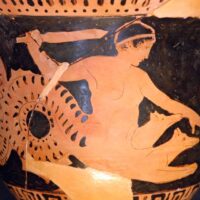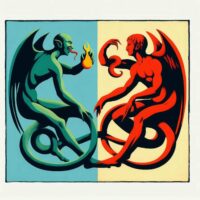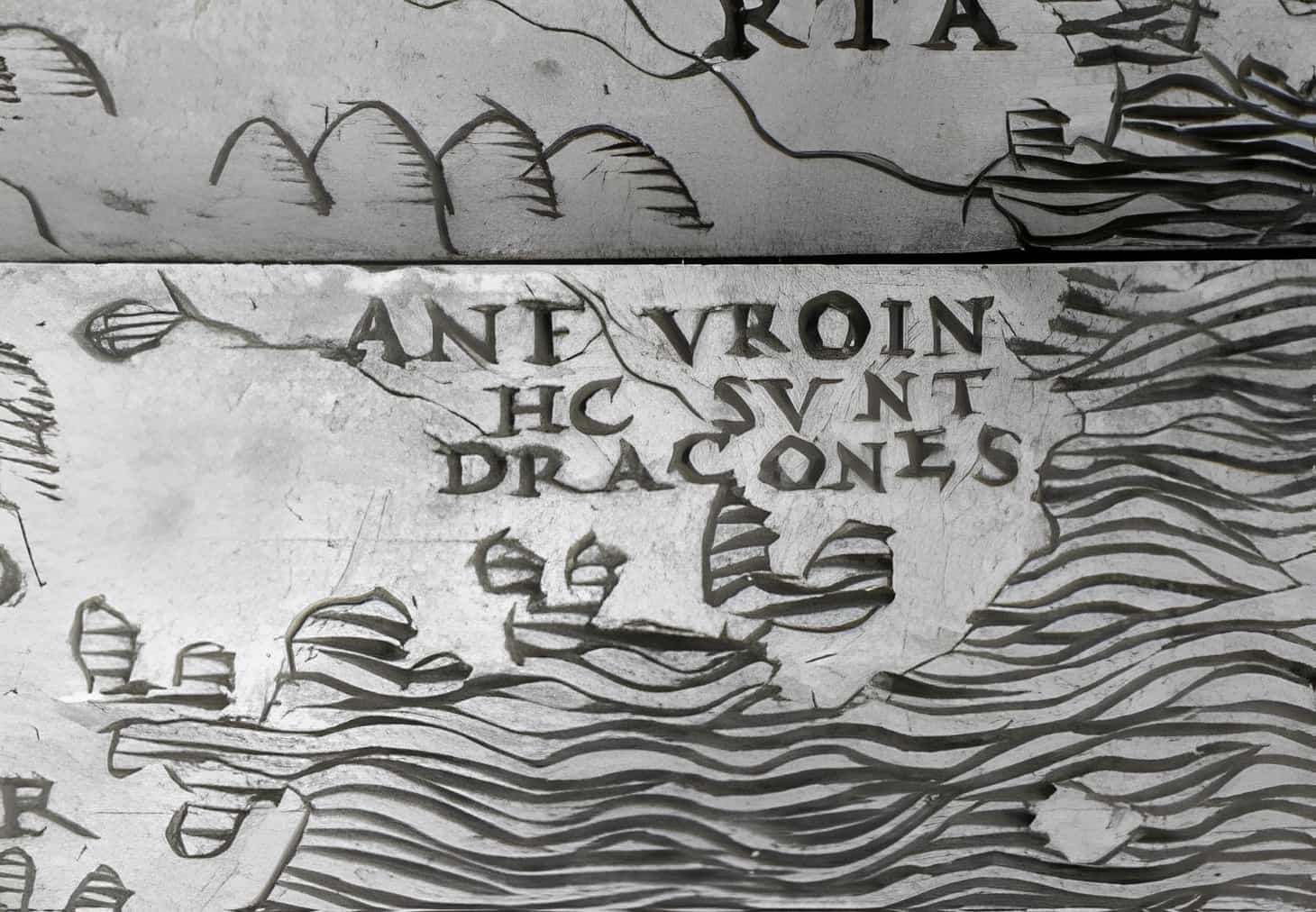A Morton’s Fork is a type of false dilemma where contradictory observations lead to the same conclusion. It’s said to have originated with tax collection by John Morton. The first known use of the term dates back to the mid-19th century, and the only earlier known mention is a claim by Francis Bacon about an existing tradition.
Dilemma
Under Henry VII, John Morton was appointed Archbishop of Canterbury in 1486 and Lord Chancellor in 1487. He raised tax funds for his king by arguing that someone living modestly must be saving money and therefore could afford to pay taxes, while someone living extravagantly obviously was wealthy and thus could also pay taxes. The Morton’s Fork might have been invented by another of Henry’s supporters, Richard Foxe.

In some cases, like Morton’s original use of the fallacy, one of the two observations may be likely valid, but the other is purely sophistic.
In other cases, it may be that neither observation can be trusted to properly support the conclusion.
For instance, asserting that a person suspected of a crime, if acting nervously, must have something to feel guilty about, while a person acting calmly and confidently must be either practical or skilled at hiding guilt. Thus, either observation has little or no probative value, as each could be evidence for the opposite conclusion.
A Morton’s Fork can lead a person not to make a choice at all, possibly with undesirable consequences. A more thorough consideration of the alternatives may sometimes reveal an additional option or show that one of the available options does produce a less unfavorable result than the other. Sometimes a Morton’s Fork can also be solved by finding an exception to the rule.
Other similar concepts to Morton’s Fork are between hammer and anvil or between Scylla and Charybdis; namely a choice between two or more equally undesirable alternatives. Morton’s Fork is the logical counterpart of Buridan’s Donkey (Buridan’s Ass).
Examples
The “Morton’s Fork coup” is a maneuver in the game of contract bridge that uses the principle of Morton’s Fork.
An episode of the television series Fargo is titled “Morton’s Fork,” referencing the dilemma.
It’s also mentioned in episode 16 of season 5 of NCIS Los Angeles, “Fish Out of Water.”




















